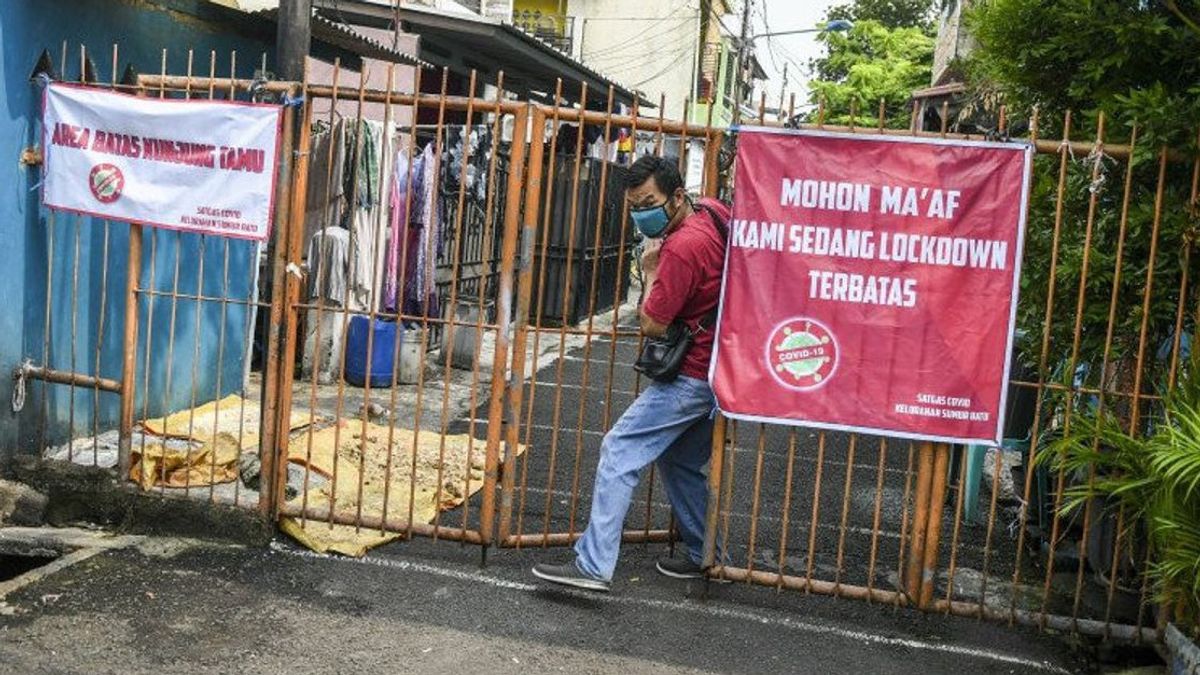JAKARTA - Spokesperson for the COVID-19 Task Force (Satgas) Wiku Adisasmito said that the relaxation of restrictions on community activities must be carried out carefully.
According to him, if taken at the wrong time and not supported by public compliance, this policy has the potential to trigger an increase in COVID-19 cases.
"Inappropriate relaxation measures that are not well supported by all levels of society can trigger a higher increase in cases," said Wiku in a press statement broadcast on the Presidential Secretariat's YouTube channel, Tuesday, July 20.
He then said that for 1.5 years the COVID-19 pandemic had hit the country, the government had tightened restrictions on community activities and relaxed.
The implementation of the Emergency Community Activity Restriction (PPKM) is the fourth tightening by the government to reduce the number of COVID-19 cases in the country.
Of all the restrictions on community activities, Wiku said, each was carried out for four to eight weeks and had an impact on reducing the number of COVID-19 cases.
It's just that, often after the easing is done the number of cases of virus transmission actually jumps.
"When the relaxation is 13-20 weeks, the cases again increase up to 14 times," he said.
Thus, the government will be careful in taking a policy of relaxing restrictions on community activities. Moreover, during the two weeks that the Emergency Community Activity Restrictions (PPKM) took place, the mobility of the community and the occupancy of beds in hospitals had decreased.
"Policy relaxation requires caution. Reflecting on the regulation and relaxation or brake gas steps taken by the government during this 1.5-year pandemic," said Wiku.
"This needs to be an important reflection on the current tightening," he concluded.
The English, Chinese, Japanese, Arabic, and French versions are automatically generated by the AI. So there may still be inaccuracies in translating, please always see Indonesian as our main language. (system supported by DigitalSiber.id)













